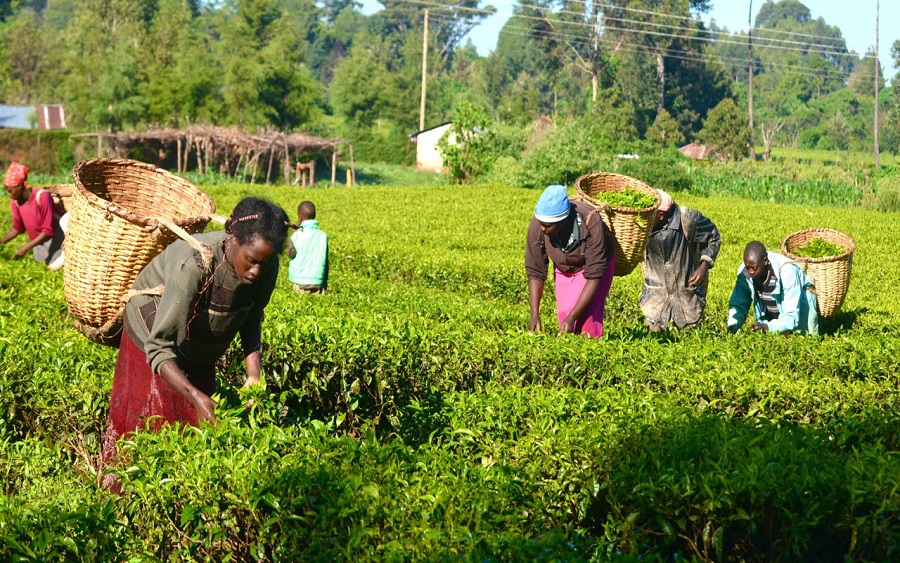How agric incubation approach helps Niger Delta youths, women make more money
Many women and youth in the Niger Delta are now progressively turning to agriculture to raise their standard of living through a project incubation (a concept based on the mentorship/apprenticeship business model used in southeast Nigeria) to generate jobs in the area. The project, Livelihood Improvement Family Enterprises Project for the Niger Delta (LIFE-ND), funded […]

Many women and youth in the Niger Delta are now progressively turning to agriculture to raise their standard of living through a project incubation (a concept based on the mentorship/apprenticeship business model used in southeast Nigeria) to generate jobs in the area.
The project, Livelihood Improvement Family Enterprises Project for the Niger Delta (LIFE-ND), funded by the International Fund for Agricultural Development (IFAD), provides direct support to Nigeria’s National Technology and Innovation Policy and the Strategic Framework for Youth Employment and Job Creation.
The goal of the project development is to enable rural women and youth in Nigeria’s Niger Delta to build sustainable agri-enterprises that will increase their income, food security, and potential for employment.
The concept targets a lot of young people who are unemployed and restless, particularly in rural areas. Realizing a changed rural economy where the rural population can experience prosperity and equal benefits.
Mr. Jerus Uvieghara, the communication officer of the project, said the “LIFE-ND is being implemented in the nine Niger Delta states (Abia, Akwa Ibom, Bayelsa, Cross River, Delta, Edo, Imo, Ondo and Rivers).
“LIFE-ND primarily targets 25,500 youth and women beneficiaries as apprentices that will come out of the Incubation System with their own profitable enterprises and decent jobs, and eventually serve as Incubators themselves.
“It will also target about 600 established and potential enterprise incubators as a pathway for job creation and economic empowerment of the beneficiaries. The targeted beneficiaries are youth aged 18 to 35 years and women-headed households with children under the age of 15,” he said.
Dr. Abiodun Sanni, the National Project Coordinator (NPC), FGN/NDDC/FAD Livelihood Improvement Family Enterprises-Niger Delta (LIFE-ND) during a tour of the project sites said so far, the investments made in businesses produced more than 14,974 metric tons of agricultural products, which resulted in sales and revenue of N3.30 billion (USD 6.38 million) for over 984 beneficiaries, which is a boost to the country’s economy.
He said the good impact of the programme on poverty was demonstrated by the fact that over 74% of recipients at the household level report higher profits and income.
Thousands of young people in the area are already engaged in different aspects of agricultural production in the states where the project is being carried out.
Among the areas receiving investment are chicken farming, fisheries farming, fish processing, feed manufacturing, cassava farming and processing, and vegetable production.
A number of the young people who benefited from the project expressed their happiness openly, stating that it had a significant positive impact on their financial situation and helped them recognize potential in the agricultural industry.
